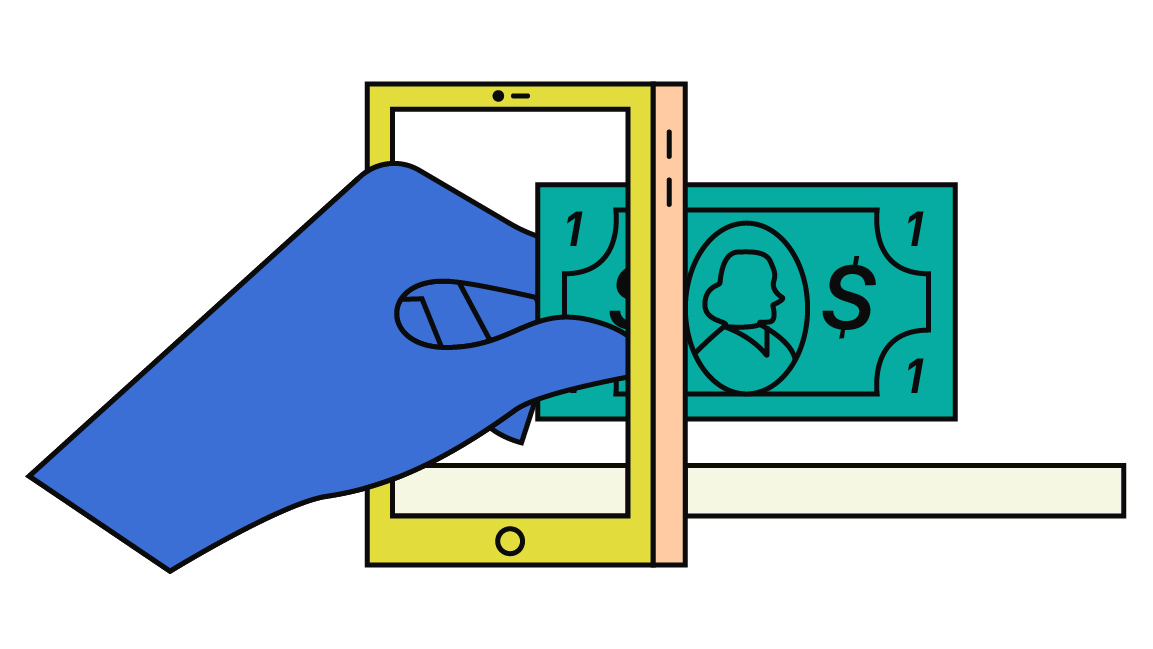

Stock Market Basics
From the list of technical jargon to the overwhelming number of online teaching resources, investing is complicated. What’s a stock? How do I buy one? What’s a trade? What does it mean when the stock market crashes? Honestly, the list of questions goes on, and on—and on. Still, the Stock Market is a great place for people to make extra income without having to work overtime to do it, but it does come with some risks. So, let’s just take it one step at a time.
What Is The Stock Market?
The stock market is a place where shares, or a portion of company ownership, are bought, sold, and traded among the general public. The terms stock and shares can be used interchangeably, but remember that stock is a more generic term that refers to partial ownership of a variety of companies.
Defining Stocks
Public stock
Public stock is when a public corporation makes shares available for the general public to buy and there are two types:
- Common stock gives the buyer partial ownership of a company. This means that the company and the buyer make and lose money equally. Purchasing common stock also gives the buyer the right to vote on company matters such as corporate policy and leadership.
- Preferred stock gives the investor a fixed income, so they’ll get a certain percentage of the money a company makes each year. An example of this is if someone buys preferred stock for $40 that has a 10% yield. At the end of each year, they’ll get $4.00 in dividend income.
Private stocks
Private stocks are, well—private. This means that the general public doesn’t have access to them so ownership is limited to a small group of employees or internal company investors.
Buying and Selling Stocks
One of the most common ways for people to buy shares is for them to go through a brokerage account. People put money into a brokerage account for the purpose of investing their money themselves or letting a licensed professional invest it for them. But remember, people that want to set up a brokerage account will most likely have to put some money into it first.
Though sometimes there's little to no fee to start a brokerage account, it’s not unheard of for people to put down upward of $50 million to open one. For example, a prime brokerage account at one of the major investment houses could cost roughly $500,000 in equity investment just to open. It’s the same concept of needing to maintain a minimum in a savings account at a bank.
Investment apps like Robinhood, Stash, and TradeStation are another way for people to start investing with little to no money. Just remember, these apps like to gamify the stock market experience. This exhilarated feeling of playing a game can lead to people making riskier trades. Also, these apps will ask for sensitive information to be shared before starting an account so don’t forget to do your research—never give information to an app that has questionable integrity.

Why it's Important to Invest in the Stock Market?
The key elements to financial health are knowing how to spend, save, invest, borrow, and plan. Understanding the ins and outs of these core components will help families become and stay financially healthy. In fact, investing is one of the most effective ways to save enough money for a comfortable retirement.
Retirement funds like traditional and Roth 401(k) and IRA plans invest in the stock market. These funds create a reliable and safe pathway to create a healthy retirement fund. It’s wise to contribute as much as you can to a 401(k) or IRA and to even contribute the maximum amount, before delving into other types of investing.
Neither Banzai nor its sponsoring partners make any warranties or representations as to the accuracy, applicability, completeness, or suitability for any particular purpose of the information contained herein. Banzai and its sponsoring partners expressly disclaim any liability arising from the use or misuse of these materials and, by visiting this site, you agree to release Banzai and its sponsoring partners from any such liability. Do not rely upon the information provided in this content when making decisions regarding financial or legal matters without first consulting with a qualified, licensed professional.

